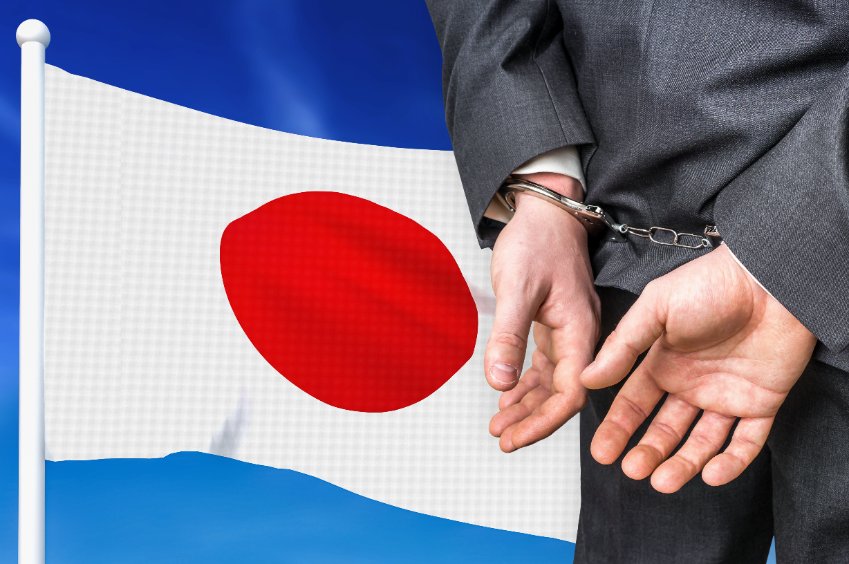Japan Conviction Rate

Japan’s Conviction Rate
Japan has a 99 percent conviction rate
Why is the conviction rate so high in Japan?
Why is the conviction rate in criminal trials so high in Japan? It is said that the conviction rate in Japan is over 99%. The high conviction rate in Japan is not because of forced convictions, but because prosecutors prosecute cases after thoroughly examining whether a crime can be proven.
It is the prosecutor who decides whether or not to prosecute a case. In addition, it is the prosecutor who must prove that the person is guilty in a criminal trial.
Therefore, prosecutors seriously consider whether they can prove the case with the existing evidence and they prosecute only cases that they believe they can prove. As a result, the likelihood that a case that is prosecuted will result in a conviction is high.
Though there are 5,000 acquittals per year, that still means that a good number of people are not prosecuted due to insufficient evidence in the first place.
If the prosecutor feels that there is not enough evidence, the case will probably not be prosecuted.
The extremely high conviction rate of 99% is a major characteristic of Japanese criminal trials. According to recent statistics, the conviction rate in the first instance trial has reached approximately 99.9%, (using the calculation method that contrasts the number of guilty and not guilty personnel.)
Thus, the conviction rate in Japanese criminal trials is 99.9%, which is sometimes referred to as “precision justice”. What supports “precision justice” is the prosecution practice of “precision prosecution”. The prosecution practice is described as “strictly following the principle of prosecuting only when there is a high probability of conviction based on precise evidence.”
About 80% of criminal offenses arrested are “not prosecuted.”
Many people may be surprised to learn that about 80% of criminal offenses arrested by the police are not prosecuted.
Cases referred to the public prosecutor’s office by the police are generally divided into two categories: mandatory cases and voluntary cases. In the former, mandatory investigations such as arrests and searches are conducted, while in the latter, only voluntary investigations are conducted. Most of the cases handled by the police are minor crimes (shoplifting, bicycle theft, assault/injury, destruction of property, etc.) and are referred to the police as voluntary cases. Most of these voluntary cases are not prosecuted, and are dealt with as non-prosecution cases.
On the other hand, in important heinous cases such as murder, robbery, rape, and arson, the suspect is naturally arrested and the case is referred to the court as a compulsory case.
Only about 30% of murder cases are actually prosecuted. Surprisingly, only 2 percent of the suspects are sentenced to prison (i.e., incarcerated without probation). This figure has not changed for more than two decades.
Even if there are more than 100,000 cases sent to the prosecutor’s office nationwide, the percentage of suspects actually incarcerated in prison is still quite small.
Since 80% of those arrested are not prosecuted, some may think that even if they are caught, they will not be prosecuted. However, it is also true that 99.9 percent of those who are prosecuted are found guilty. In particular, about half of all arrests are prosecuted when the arrest is not voluntary.

Prosecution and Non-Prosecution Rates in Japan in 2021
According to the Statistics of Public Prosecutors, the number of people who were convicted of criminal offenses in 2021 is as follows.
- Prosecution: 62,396 (A)
- Non-prosecution: 107,210 (B)
The ratio of indictments (A) to the total number of prosecution/non-prosecution processed (A+B) of 169,606 is 62,396 / 169,606 = approximately 36% (indictment rate).










